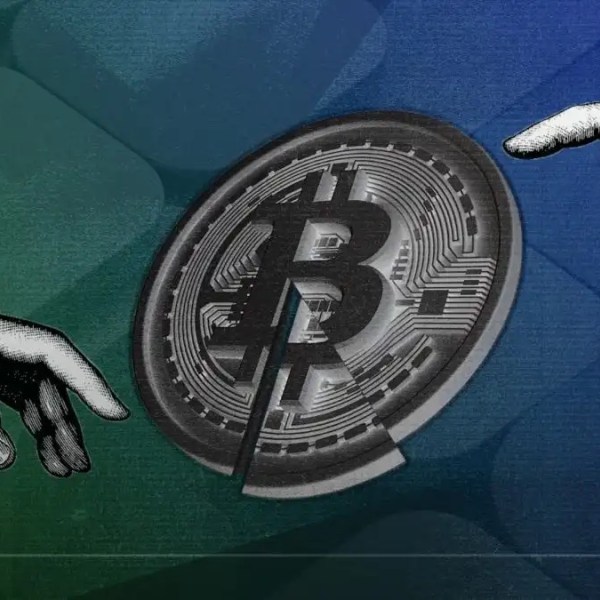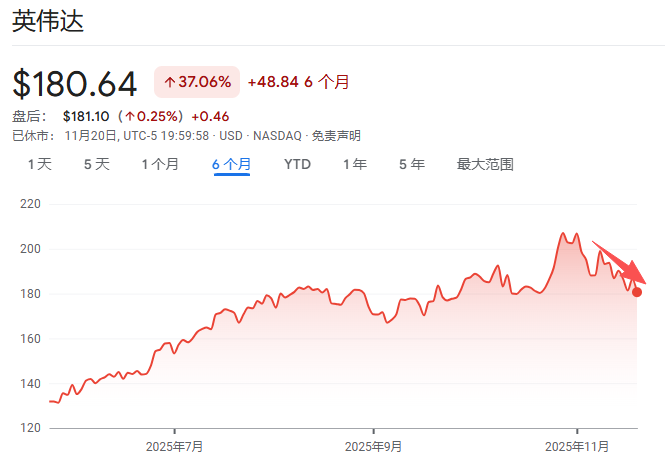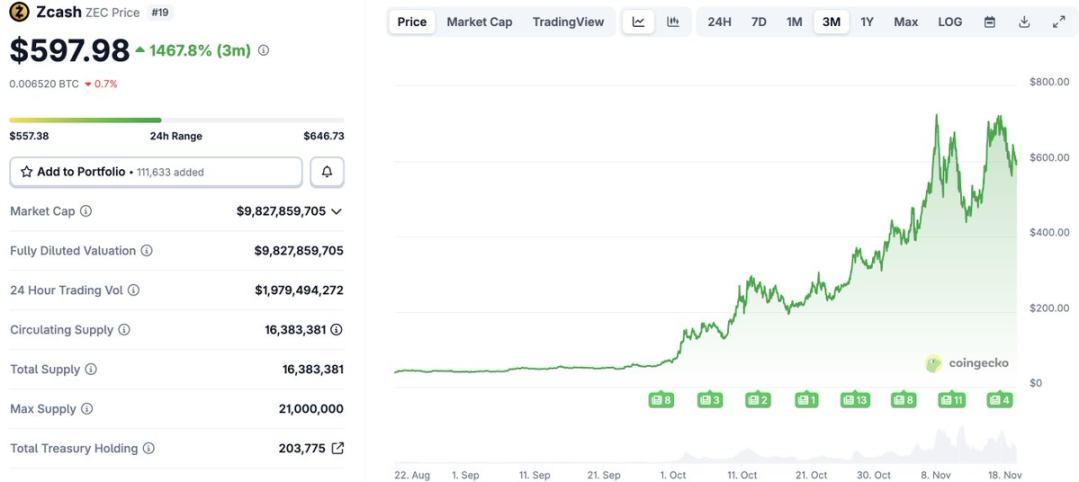Dow Jones falls from record highs as attention turns to Nvidia
- Dow Jones drops 90 points after recent all-time highs
- Bitcoin continues to fall and trades near US$111
- Nvidia releases results with high expectations around AI
The Dow Jones Industrial Average started the week lower, falling 90 points at Monday's opening bell. The SP 500 also fell 0,2%, while the Nasdaq Composite lost 0,3%, reflecting a more cautious mood following recent optimism about possible interest rate cuts by the Federal Reserve in September.
Dow, SP 500, Nasdaq futures slide after record surge with Nvidia earnings in focus. https://t.co/v3M5ybtPaJ
— Yahoo Finance (@YahooFinance) August 25, 2025
This move comes shortly after Wall Street posted a strong recovery. The previous week, indexes had risen significantly, driven primarily by statements from Fed Chairman Jerome Powell, who suggested the possibility of a rate cut later this year.
On Friday, the Dow Jones Industrial Average rose more than 800 points, closing at 45.631, an all-time high. The SP 500 approached its all-time high, while the Nasdaq also advanced, accompanied by risk assets such as cryptocurrencies. Bitcoin mirrored this trajectory, but with the recent correction, it returned to trading near $111.
The focus now turns to corporate earnings, particularly Nvidia's results. The chipmaker, which plays a central role in the technology sector and frequently influences market sentiment, will release its earnings on Wednesday, after the close of trading. Expectations are high, particularly regarding the impact of artificial intelligence on its revenue.
In the previous quarter, the company had already delivered solid results, reinforcing its leadership position in the semiconductor sector. Now, investors are awaiting signs of continued growth and how demand for AI-focused chips could drive the company to new highs.
Besides Nvidia, other reports expected this week include those from Dell and Marvell Technology, scheduled for Thursday. These earnings reports should provide a broader overview of the technology sector, which continues to be the driver of gains for North American indexes in 2025.
Disclaimer: The content of this article solely reflects the author's opinion and does not represent the platform in any capacity. This article is not intended to serve as a reference for making investment decisions.
You may also like
"AI Godmother" Fei-Fei Li's Latest Interview: I Didn't Expect AI to Become So Popular, the Next Frontier Is Spatial Intelligence
If AI leads humanity into an extinction crisis, it will be humanity's fault, not the machines'. If superintelligence emerges, why would humanity allow itself to be taken over? Where are collective responsibility, governance, and regulation? "Spatial intelligence" may fundamentally change the way we understand the world.
Has the four-year cycle of Bitcoin failed?
The various anomalies in this cycle—including waning sentiment, weakening returns, disrupted rhythms, and institutional dominance—have indeed led the market to intuitively feel that the familiar four-year cycle is no longer effective.

At an internal Nvidia meeting, Jensen Huang admitted: It's too difficult. "If we do well, it's an AI bubble," and "if we fall even slightly short of expectations, the whole world will collapse."
Jensen Huang has rarely admitted that Nvidia is now facing an unsolvable dilemma: if its performance is outstanding, it will be accused of fueling the AI bubble; if its performance disappoints, it will be seen as evidence that the bubble has burst.

After a 1460% Surge: Reassessing the Value Foundation of ZEC
Narratives and sentiment can create myths, but fundamentals determine how far those myths can go.

